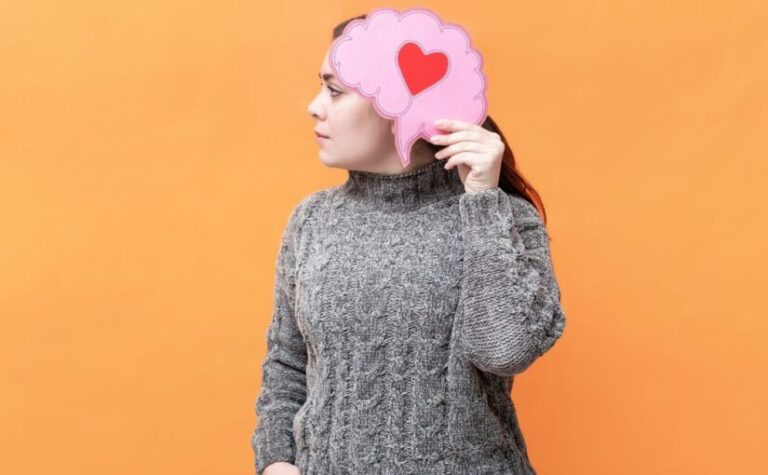By Catherine Wachira, PMHNP
Social media carries plenty of enjoyable benefits such as connecting people, providing resources and support groups, as well as advertising. Commonly, people spend hours on social media such as Facebook, Instagram, Snapchat, Twitter, and Messenger. Unfortunately, excessive use of social media can negatively impact mental health and has even been linked to depression and anxiety.
Human beings are meant to be social creatures and need to be socially connected with others in order to thrive. Social connection reduces stress and anxiety while lack of connection can negatively impact mental health. When people spend more time on social media, they have less time for social interaction (Karim et al., 2020). Although being active on social media may allow for some level of socialization, it does not provide the same benefit as interacting with others in person.
Social media can make users feel pressured to portray a certain image that is different from who they truly are with a tendency to conform to what the viewers want to see. When people post images on social media, they at times try to look a certain way to increase their number of likes and followers. This in turn causes the user to continually struggle to fit the stereotype that their viewers are looking for. Some users may fail to recognize that being popular on social media in not equivalent to having high quality social relationships, which are required to protect our mental health. Time spent on social media as well as activity, investment, and addiction correlates with depression, anxiety, and psychological distress.
With the above ideas in mind, one can easily see how adolescents especially can be negatively impacted by excessive social media use. During the time when the personal and social identity are formed, teens might feel pressured to keep checking, commenting, and liking posts from their peers due to the fear of losing their friends. Too keep usage in check, adolescents and even adults should keep social media use to 30 minutes or less. This will in turn free up more time for face-to-face interactions and more time can be spent with friends and family. Futhermore, less time on social media can allow someone to spend more time on physical activity (Keles et al., 2020).
In summary, social media should be used in moderation. Parents should also monitor and regulate social media use by adolescents to ensure the material is appropriate and discourage spending too much time on it.
References
Keles, B ., McCrae, N., & Grealish, A. (2020) A systematic review: the influence of social media on depression, anxiety and psychological distress in adolescents, International Journal of Adolescence and Youth, 25:1, 79-93, DOI: 10.1080/02673843.2019.1590851
Karim, F., Oyewande, A. A., Abdalla, L. F., Chaudhry Ehsanullah, R., & Khan, S. (2020). Social Media Use and Its Connection to Mental Health: A Systematic Review. Cureus, 12(6), e8627. https://doi.org/10.7759/cureus.8627





